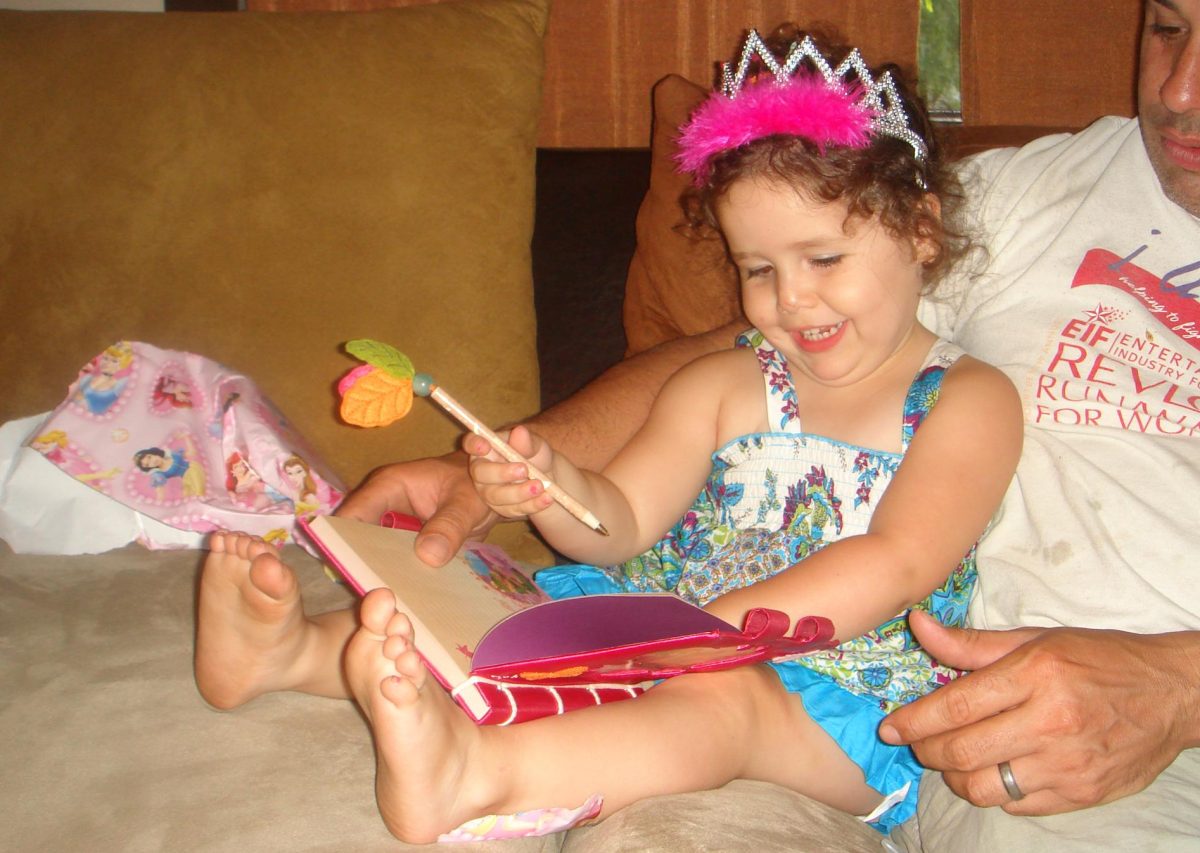Let me set the stage for you. You’ve refreshed your email one too many times, and finally, the cast list for your most recent production has been posted. After the stress and exhaustion of audition week, the results are in, and you know which role you’ll be playing. Getting cast marks the beginning of putting on a show, which is an extremely fun and rewarding process. While this is exciting, it’s also the start of plenty of hard work. The following months will include learning your blocking, memorizing your lines and practicing your material over and over again.
But one part of this process is demanding in an entirely different way: getting into character. Embodying another person for hours at a time requires every actor to meticulously transform themselves in every way possible. Each character has a different way of walking, talking, and existing on stage. Every part of this transformation needs to be fluid and believable in order for the audience to truly feel as though they’re watching the character on stage and not the actor. With character work being arguably one of the most essential tasks for an actor to complete, there are many different ways to get into character.
It can be a lot of work to literally become someone else. When done well, however, efficient character work can truly transform an actor, making a show so much more immersive. Of course, everyone has their own process that works for them. There’s script analysis to further understand how your character relates to the text. Warm-up exercises to understand the physicality of your character. Some actors even like to internalize a verb that goes with their character’s dialogue. But there’s one technique that challenges even the most well-seasoned actors: Method acting.
Backstage defines method acting as an actor’s attempt “to fully immerse themself into the life, mind and circumstances of the character they’re playing.” It isn’t just about acting as their character would, it’s about literally becoming them. It’s an extreme form of getting into character that often sees actors remaining completely in character even once they’re offstage or the camera has stopped rolling.
Method acting has helped performers adjust to extreme characters like Jared Leto’s Joker, or characters with different dialects. The tactic has proven effective for dozens of famous performances such as Austin Butler’s portrayal of Elvis and Natalie Portman’s performance in “Black Swan.” It’s an incredibly immersive technique because it’s such an intense form of empathy, which is one of the most important tools for an actor to employ.
While often helpful for truly understanding a character, many actors can take method acting too far. Drastic changes to their appearances or inappropriate behavior towards cast mates have often been excused simply because they’re “method.” Blurring the line between real life and one’s character can be particularly dangerous considering that a number of these characters indulge in behavior that isn’t tolerable offscreen or offstage.
Method acting can also be damaging for the actor themself, not just their cast mates. After living as someone else for too long, many actors report difficulty getting out of character, which undoubtedly has its consequences and impact on their own sense of self. It’s no easy feat to “return to normal” after many months of convincing yourself that you are another person entirely. For example, Shelley Duvall became so immersed in her character and the world of “The Shining” that she had trouble adjusting back to reality and remained traumatized even years later.
As is the case with any facet of theatre, you have to make sure your process is helping rather than hurting. It can certainly be helpful to spend some time in your character in order to really get to know them, just be sure you don’t lose yourself in the process. The most important thing for any performance is your own well-being because it’s only then that actors can feel their most comfortable and therefore take more creative initiative. After all, at the end of the day, everyone (including actors) does their best work when they’re comfortable in their authentic selves.
















